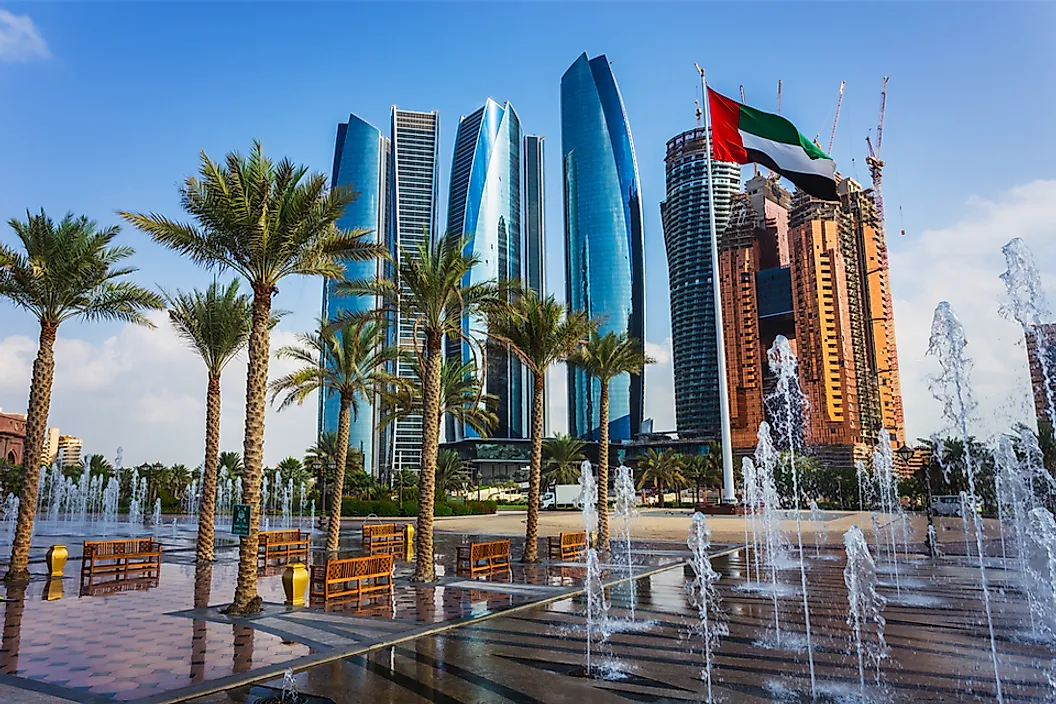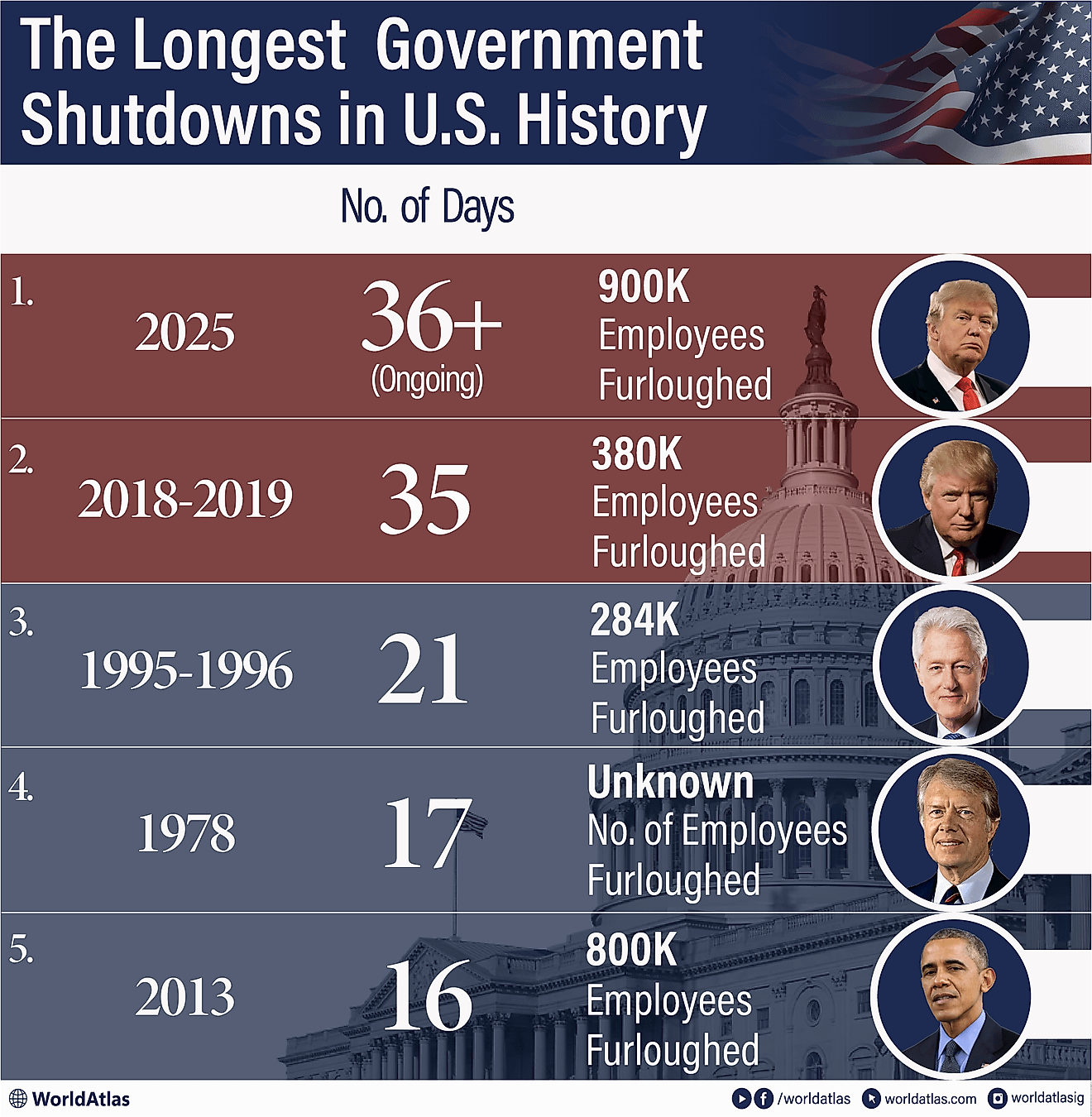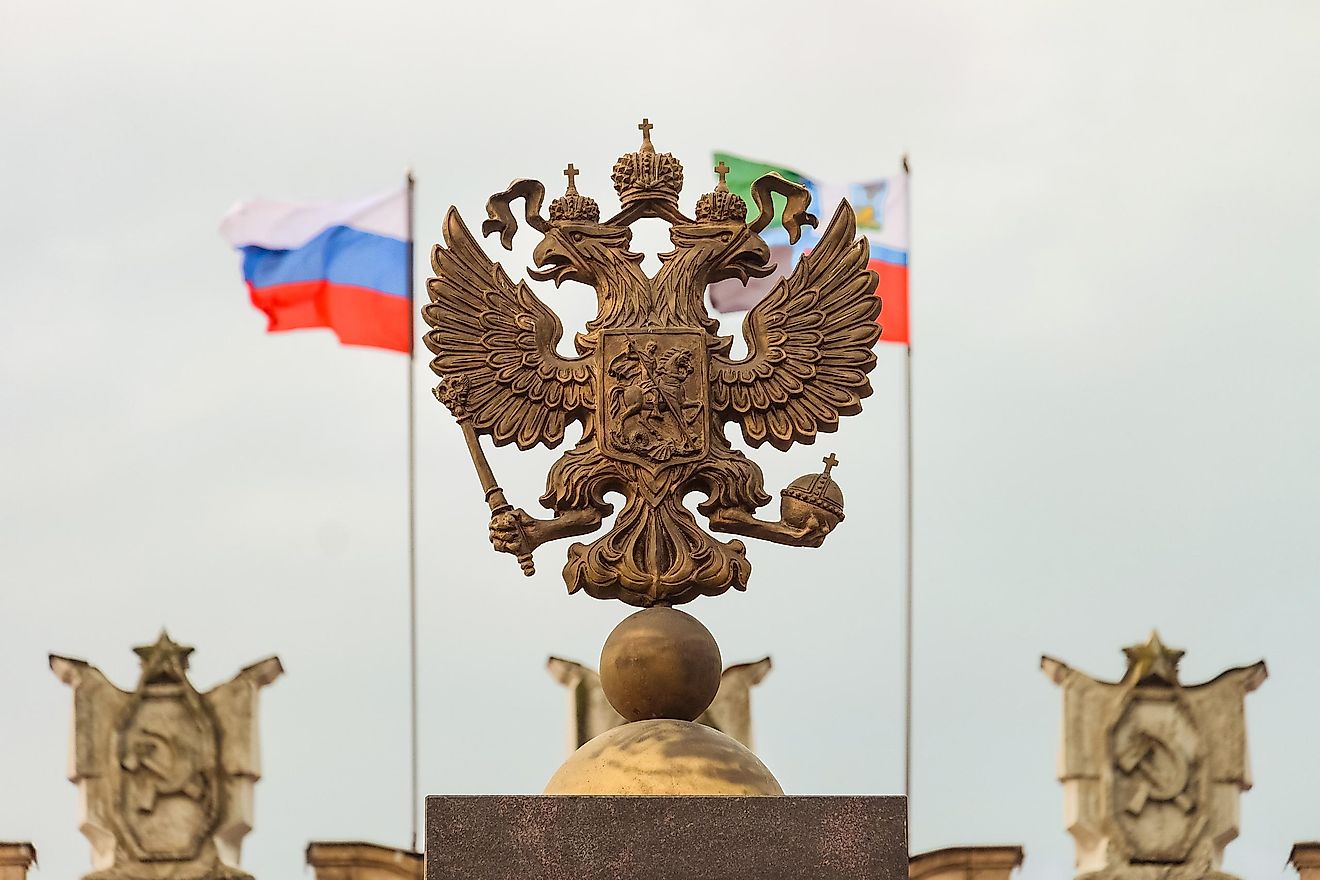What Is the Capital of the United Arab Emirates?

The United Arab Emirates (UAE) is a country in Western Asia. Abu Dhabi is the capital of UAE, and it is the country's largest and the second most populous city. It is also the capital of the Emirate of Abu Dhabi, which is the largest of the seven emirates that form the UAE. The United Arab Emirates was liberated after the departure of the British from the Persian Gulf in December 1971. A controversial decision mad Abu Dhabi the provisional city of UAE. However, it was not until the early 1990s that Abu Dhabi was officially recognized as capital of the UAE. The city was relatively undeveloped at the time, but rapidly developed after becoming officially recognized as capital.
Geography of the Capital of the UAE
Abu Dhabi is located in the southeastern part of the Arabian Peninsula, on an island situated about 240 km off the mainland. The triangular-like island is also referred to as Abu Dhabi. The island is connected to the land by three bridges: Sheikh Zayed Bridge, Maqta Bridge, and Mussafah Bridge. Most of the city is situated on the island, although a few of the city's suburbs are located on the mainland.
Climate of the Capital of the UAE
Abu Dhabi experiences a hot desert climate. Hot temperatures are experienced year round, and the skies are mostly clear. June, July, August, and September are the hottest months of the year. August is typically the hottest month in Abu Dhabi, and January is the coolest. The city’s cold season is usually between November and March. The emirate falls within the Tropic of Cancer, but despite this phenomenon Abu Dhabi is too dry to be categorized as a tropical climate.
Economy of the Capital of the UAE
Abu Dhabi is the wealthiest emirate in the UAE, and the GDP and per capita income of the city is very high. Natural resources in Abu Dhabi, especially oil deposits and reserves, have resulted in one of the highest GDP per capita in the world. Abu Dhabi also has gas deposits. In fact, the city contains about 10% of the world’s recognized oil reserves and 5% of gas reserves. The city is the largest oil producer in the United Arab Emirates, and income from gas, oil, and other activities such as tourism sustain the city's economy. Taxation in Abu Dhabi is either very minimal or non-existent.
Culture in Abu Dhabi
Abu Dhabi is predominantly an Islamic city. The primary Islamic holidays celebrated in Abu Dhabi are Eid Al Fitr and Eid Ul Adha. In addition, the city celebrates National Day every December 2 to mark the formation of the United Arab Emirates. Abu Dhabi is home to several cultural institutions, such as the Cultural Center and the National Theater. Notable attractions and places of interest in Abu Dhabi include the Sheikh Zayed Mosque, Emirates Palace, Yas Marina Circuit, the Corniche, Etihad Towers, Yas Marina, Yas Island, Ferrari World Abu Dhabi, and the Louvre Abu Dhabi.











